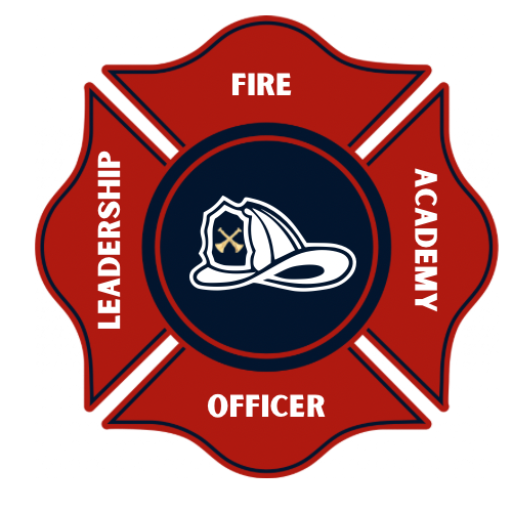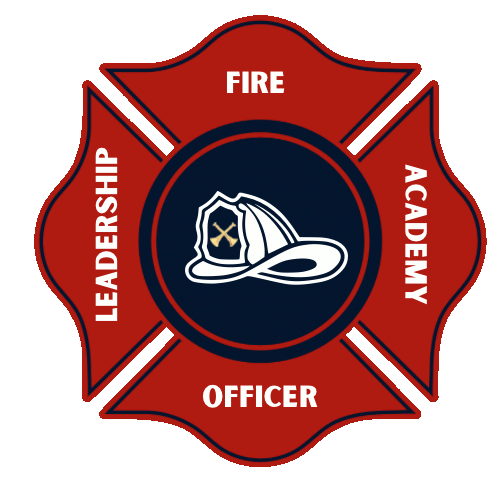August 9, 2023
Don’t Judge Me!
How often have you heard someone proclaim, “Don’t judge me!” Perhaps you have uttered those same words to someone else. It is a phrase that is frequently used, especially when someone is feeling guilty about their behavior and decisions.
This week’s topic is judgement, the last in the series I’ve been doing on the Marine Corps leadership traits, and it is defined as, “The ability to weigh facts and possible courses of action in order to make sound decisions.”1
The smokescreen
I find it amazing that people who do not believe the Bible or they love to condemn the Bible, are quick to use it as a smokescreen when they say, “The Bible says not to judge.” They are partially right, but they are failing to read and acknowledge the entire portion from Matthew 7:1-5. The passage addresses judging others, and it spells out the qualifications before judging someone else. Namely, do not be a hypocrite, but remove the speck from your own eye first.
Judgment is a universal practice.
As human beings, we constantly ask questions such as:
- What motives are behind political statements?
- Are the intentions of the organization’s leadership self-serving?
- How does the food and service compare from one restaurant to another?
- What does that text message really mean?
- Is this candidate a good fit for the department?
Yes, these are questions, but they ultimately involve judgment.
Weigh the facts.
Go back and read the definition of judgement and look at the words “weigh the facts.” Admittedly, separating fact from fiction is extremely hard to do these days with the proliferation of mass media and social media pundits.
However, let’s step back from that mess and bring the discussion down to the organizational level. Weighing the facts is hard to do if we are emotionally fired up. So, take a deep breath, look at the situation from an objective standpoint, and determine to the best of your ability what is taking place. This is especially important when dealing with personnel issues.
Making sound decisions.
I’m not referring to the rapid, tactical decision-making that must take place at the scene of an emergency. I’m addressing the judgment calls that take place in the non-emergency setting.
As a person moves farther up the chain of command, their level of responsibility increases. Consequently, an absence of sound decision-making can have a profound effect on people and the organization. Therefore, it is imperative for you to hone the skill of good judgment.
The ability to make sound decisions requires wisdom and discernment, often obtained through experience. Sometimes hard-earned experience.
Hone your skills.
As a retired battalion chief, I serve current and aspiring fire department leaders through coaching and mentoring. I do this in an environment where you can ask questions about the difficult and challenging situations you face without fear of retaliation, intimidation, or getting ambushed during an evaluation by comments you made to a superior that you thought was safe.
I encourage you to learn more. Send an email to [email protected] and visit my website at https://fireofficerleadershipacademy.com.
©2023 Rick Davis. Artificial intelligence (AI) WAS NOT used to generate this content.


